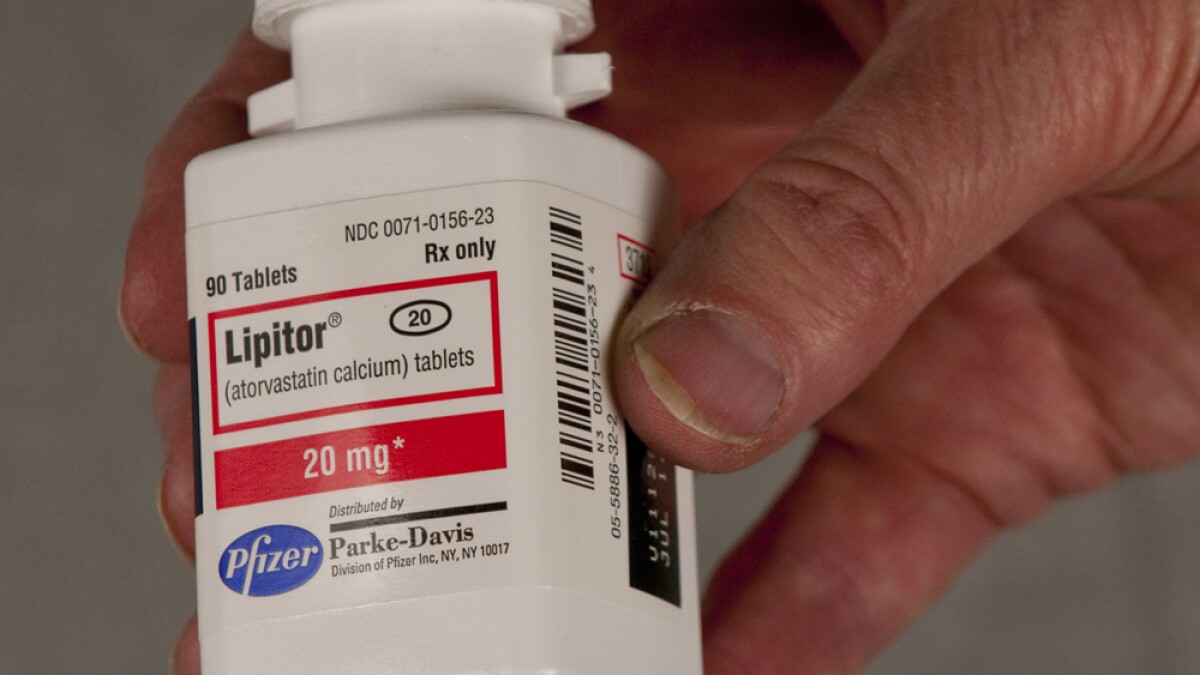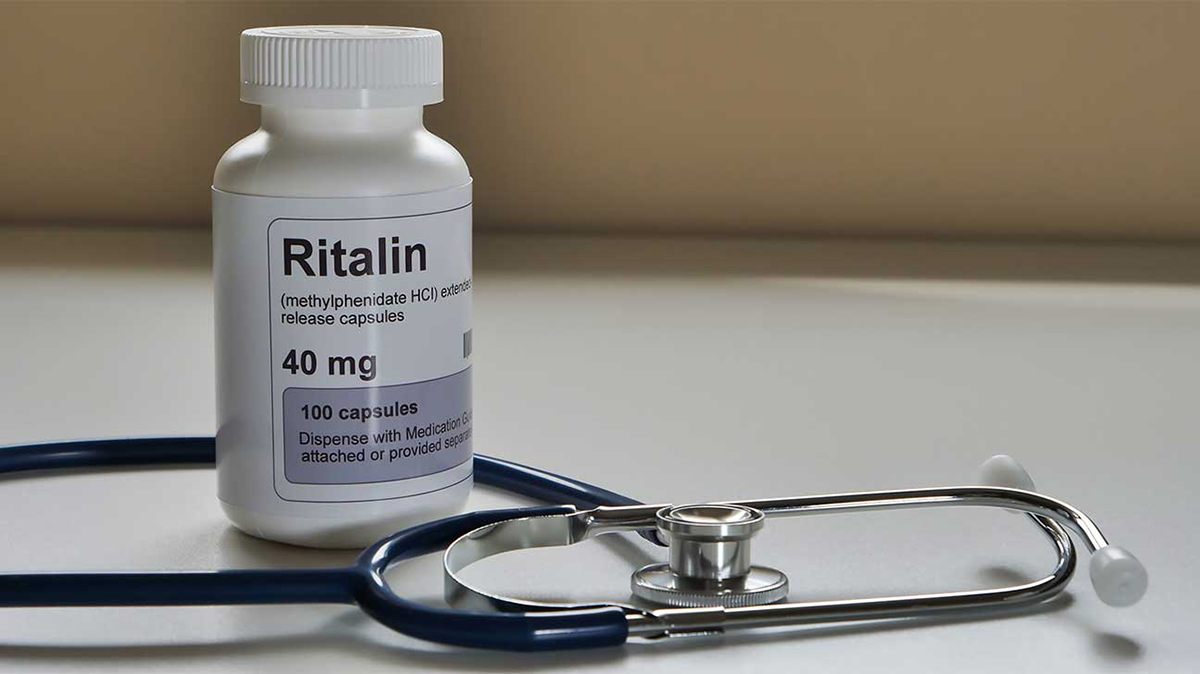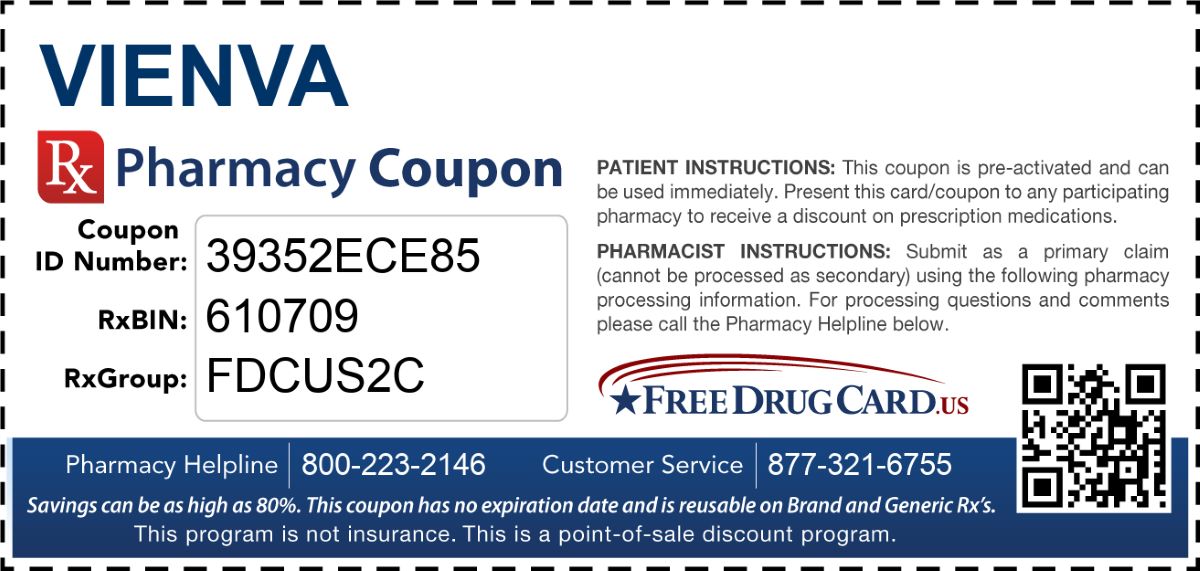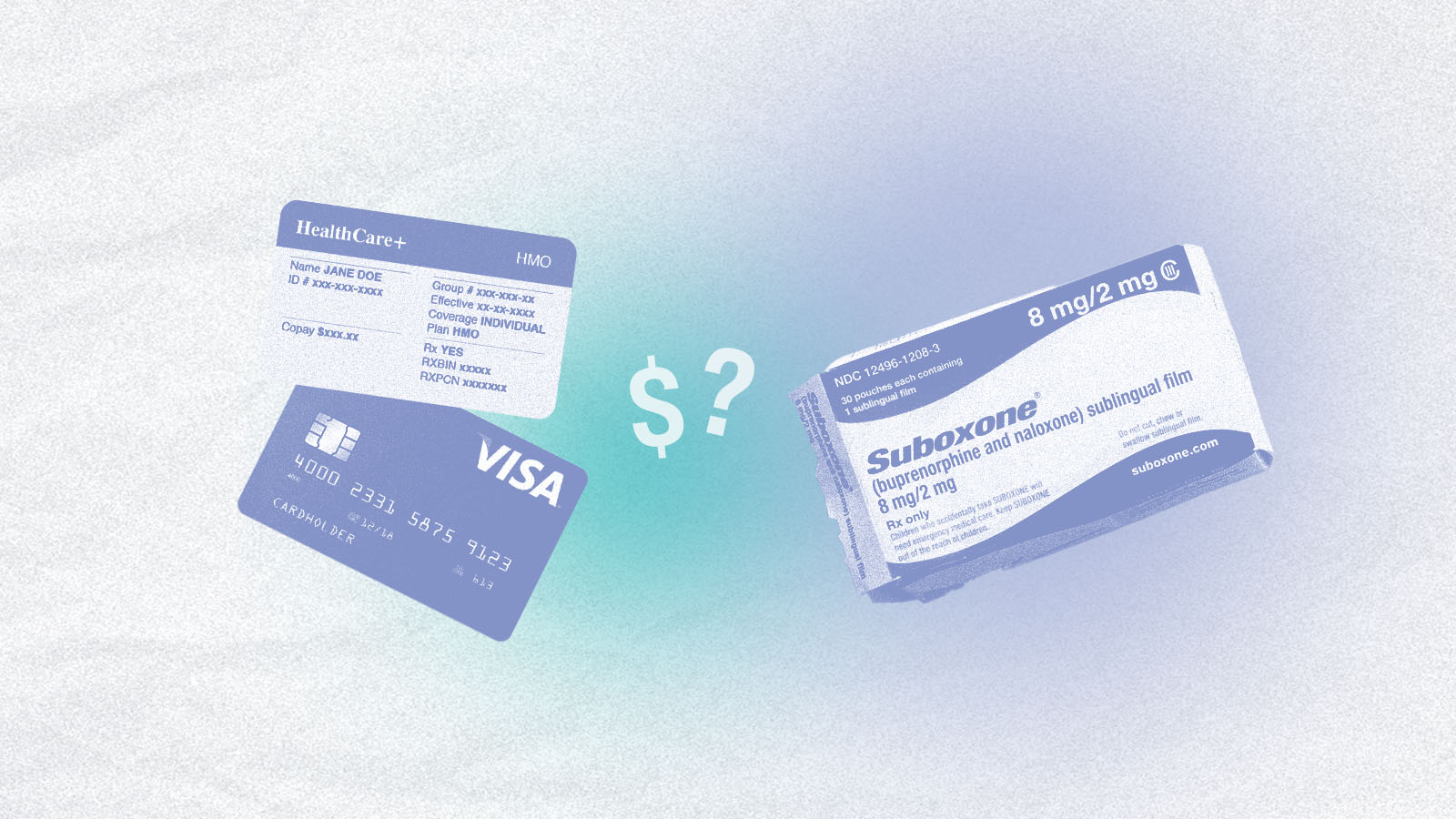

Finance
How Much Is Lipitor Without Insurance
Published: November 21, 2023
Find out the cost of Lipitor without insurance and explore financial options for affordable medication. Save on healthcare expenses with smart finance strategies.
(Many of the links in this article redirect to a specific reviewed product. Your purchase of these products through affiliate links helps to generate commission for LiveWell, at no extra cost. Learn more)
Table of Contents
Introduction
When it comes to managing our health, one crucial aspect is accessing the necessary medications. However, for many individuals, the cost of prescription drugs, such as Lipitor, without insurance can become a financial burden. Lipitor, also known by its generic name Atorvastatin, is a commonly prescribed medication for managing cholesterol levels. It is part of a group of medications called statins, which help reduce the amount of cholesterol produced by the liver.
Understanding the costs associated with medications, specifically Lipitor, can help individuals make informed decisions about their healthcare. In this article, we will delve into the factors influencing Lipitor’s pricing, explore the costs without insurance, and discuss alternative options for mitigating the financial burden.
Managing cholesterol levels is essential for maintaining overall cardiovascular health. High levels of cholesterol in the blood can lead to the formation of plaque in the arteries, which can increase the risk of heart disease, heart attacks, and strokes. Lipitor works by inhibiting a key enzyme responsible for cholesterol production in the liver, thereby reducing the cholesterol levels in the bloodstream.
Understanding Lipitor
Lipitor, or Atorvastatin, is a medication commonly prescribed to manage high cholesterol levels. It belongs to a class of drugs called statins, which are widely used to lower cholesterol and reduce the risk of cardiovascular events.
Atorvastatin works by inhibiting an enzyme called HMG-CoA reductase, which plays a crucial role in cholesterol synthesis in the liver. By blocking this enzyme, Lipitor helps to decrease the production of cholesterol and increase the liver’s ability to remove LDL (low-density lipoprotein) cholesterol from the blood.
Lowering LDL cholesterol levels is important because LDL cholesterol is considered the “bad” cholesterol. When levels of LDL cholesterol are high, it can build up in the arteries, forming plaque and potentially leading to atherosclerosis, a condition characterized by the narrowing and hardening of the arteries.
In addition to reducing LDL cholesterol, Lipitor has also been shown to increase HDL (high-density lipoprotein) cholesterol levels, which is known as the “good” cholesterol. HDL cholesterol helps remove excess cholesterol from the bloodstream, preventing it from accumulating in the arteries.
Lipitor is typically prescribed in conjunction with a healthy diet and lifestyle modifications to achieve optimal cholesterol management. It is important to note that Lipitor is not a cure for high cholesterol, but rather a medication used to help control cholesterol levels in combination with other lifestyle changes.
Lipitor is available in various strengths, including 10mg, 20mg, 40mg, and 80mg tablets. The appropriate dosage will depend on individual factors such as cholesterol level, medical history, and response to treatment. It is essential to follow the prescribed dosage and instructions provided by your healthcare provider.
Costs of Lipitor without Insurance
Without insurance coverage, the cost of Lipitor can be substantial. The price of Lipitor can vary depending on the pharmacy, location, and dosage strength. It is important to note that drug prices are subject to change and can fluctuate over time. Additionally, generic versions of Lipitor, atorvastatin, are available and tend to be more affordable compared to the brand-name medication.
On average, the cost of Lipitor without insurance can range from $100 to $300 for a 30-day supply. However, prices can be even higher for higher dosages, such as the 80mg strength. It is important to compare prices at different pharmacies and consider utilizing discount programs or coupons to help reduce the cost.
It is worth exploring various means of obtaining Lipitor at a lower cost. Some larger chain pharmacies offer discounted generic drug programs, where you can access atorvastatin at a reduced price. Additionally, independent pharmacies and online pharmacies may offer competitive pricing, so it is beneficial to compare options.
If you require Lipitor on a long-term basis, it may be worth considering purchasing a larger supply, such as a 90-day supply, as it may offer a cost-saving advantage. Some pharmacies offer discounts for larger quantities of medication, which can help save money in the long run.
It is crucial to be aware of any available prescription assistance programs or patient assistance programs that can help lower the costs of Lipitor. These programs are often offered by pharmaceutical companies or non-profit organizations and can help individuals who meet certain eligibility criteria access their medications at reduced or no cost.
Lastly, it is essential to discuss the financial aspect of Lipitor with your healthcare provider. They may be able to provide guidance, offer alternative medication options, or recommend ways to reduce the cost burden of Lipitor without insurance.
Factors Affecting Lipitor Pricing
The pricing of Lipitor, like many other prescription medications, is influenced by several factors. Understanding these factors can help shed light on why the cost of Lipitor may vary across different pharmacies and regions.
1. Brand vs. Generic: Brand-name Lipitor tends to be more expensive compared to its generic counterpart, atorvastatin. Generic medications are typically more affordable because they are not subject to the research and development costs associated with developing a new drug.
2. Market Competition: The presence of multiple manufacturers producing generic atorvastatin can help drive prices down due to competition. When there are more generic options available, pharmacies may offer discounted prices to attract customers.
3. Pharmacy Markup: Pharmacies may apply a markup to the wholesale price of Lipitor to cover operational costs, including staff salaries, rent, and overhead expenses. This markup can vary between different pharmacies, leading to price discrepancies.
4. Insurance Coverage: The cost of Lipitor can differ significantly based on the type of insurance coverage. Some insurance plans may cover a portion of the medication cost, resulting in a lower out-of-pocket expense for individuals. The lack of insurance coverage can add a considerable financial burden to the price of Lipitor.
5. Supply and Demand: Factors such as supply shortages or high demand for Lipitor can impact pricing. If there is a limited supply of the medication, pharmacies may increase prices to meet demand.
6. Discounts and Coupons: Pharmaceutical companies often provide discounts and coupons for Lipitor to promote brand loyalty and encourage prescription fills. These can help reduce the cost for individuals who qualify for such programs.
7. Prescription Assistance Programs: Some pharmaceutical companies offer patient assistance programs for individuals who face financial challenges and cannot afford their medication. These programs can provide eligible individuals with access to Lipitor at a reduced or no cost.
It is important to consider these factors and explore different options to find the most affordable price for Lipitor. Comparing prices at different pharmacies, utilizing discount programs, and discussing cost concerns with healthcare providers can help individuals mitigate the financial impact of Lipitor without insurance coverage.
Alternative Options for Lowering Lipitor Costs
For individuals looking to lower the costs of Lipitor without insurance, there are several alternative options to consider. These methods can help make the medication more affordable while ensuring proper cholesterol management:
1. Switch to Generic Atorvastatin: Generic versions of Lipitor, known as atorvastatin, are available at a significantly lower cost. The active ingredient is the same, offering the same cholesterol-lowering benefits. Discuss with your healthcare provider the possibility of switching to a generic version to save money.
2. Explore Prescription Discount Programs: Many pharmacies offer prescription discount programs or savings cards. These programs can provide significant savings on the cost of Lipitor. Check with your local pharmacy or research online to find available programs that can help reduce the price of the medication.
3. Utilize Mail-Order Pharmacies: Consider using a mail-order pharmacy to purchase Lipitor. These pharmacies often offer lower prices and may provide discounts for purchasing in larger quantities, such as a 90-day supply. Additionally, they deliver medications directly to your doorstep, offering convenience and potential cost savings.
4. Compare Prices: Comparison shopping is crucial when it comes to purchasing medications. Prices for Lipitor can vary between different pharmacies, both online and physical locations. Take the time to compare prices and consider purchasing from a pharmacy that offers the best price for your specific dosage and quantity needs.
5. Prescription Assistance Programs: As mentioned earlier, certain pharmaceutical companies offer patient assistance programs for those who struggle to afford their medication. These programs are designed to help eligible individuals access Lipitor at a reduced or no cost. Research and inquire about any available programs that can provide financial assistance.
6. Speak with Your Healthcare Provider: Engage in an open conversation with your healthcare provider regarding the cost of Lipitor. They may be able to suggest alternative medications that are equally effective and more affordable or help you find cost-saving strategies. They may also have access to resources or coupon programs that can help reduce the price.
It is essential to prioritize your health and manage cholesterol levels effectively. However, the financial aspect should not be overlooked. By exploring these alternative options for lowering Lipitor costs, you can ensure that you are able to afford and maintain consistent access to this vital medication.
Conclusion
Managing cholesterol levels is crucial for overall cardiovascular health, and Lipitor (Atorvastatin) is a commonly prescribed medication for this purpose. However, the cost of Lipitor without insurance can be a significant financial burden for many individuals. Understanding the factors that influence Lipitor pricing and exploring alternative options can help mitigate these costs.
In this article, we have discussed the importance of Lipitor in managing cholesterol levels and reducing the risk of cardiovascular events. We have also explored the costs of Lipitor without insurance, which can vary depending on factors such as brand vs. generic options, market competition, pharmacy markups, insurance coverage, and supply and demand dynamics.
To lower Lipitor costs, we have highlighted the alternative options that individuals can consider. Switching to generic atorvastatin, exploring prescription discount programs, utilizing mail-order pharmacies, comparing prices, and accessing prescription assistance programs are all strategies that can help reduce the financial burden of Lipitor without insurance.
It is important to note that while cost-savings measures are essential, they should not compromise proper cholesterol management. It is crucial to consult with healthcare providers to ensure that alternative medications or cost-saving approaches are safe and effective for each individual’s unique healthcare needs.
Ultimately, managing cholesterol levels with Lipitor or other prescribed medications should not be hindered by financial constraints. By exploring the available options and discussing concerns with healthcare providers, individuals can navigate the costs of Lipitor without insurance while prioritizing their cardiovascular health.
Remember, always consult with your healthcare provider and pharmacist for personalized guidance and advice regarding your specific cholesterol management and medication needs.














